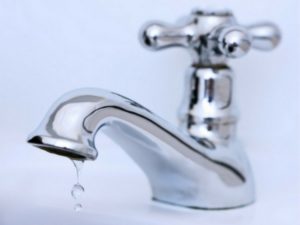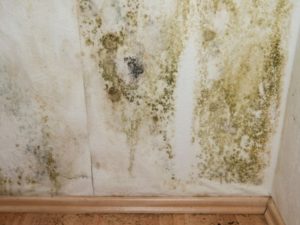You have a lot of responsibilities around the house and plenty of things to worry about, and that’s why it’s important for you to have access to reliable information and dependable help when you need it.
One household chore that shouldn’t go ignored is leak prevention and detection.
Today we’ll give you some reliable advice you can use to avoid, find, and repair leaks, and tell you where to turn for plumbing help you can trust.
Preventing Leaks
Inspect your faucets, fixtures, and shower heads regularly to make sure they're not leaking or functioning improperly.
You should also keep the water pressure in your house below 80 psi because anything higher can damage the plumbing.
And speaking of damaged plumbing, don’t use harsh drain cleaners that could corrode the pipes.
Keep pipes unclogged and running freely, and watch out for tree roots that might break pipes.
Finding Leaks
1: Determine if you have a leak. A suspected leak can be confirmed with a quick water meter test.
Make sure the water in the house doesn’t get used for two hours, and check the meter before and after the two hours. A change in the meter means there's a leak.
2: Start with the toilets. To find a leak in a toilet, drop some food coloring into the tank. Wait half an hour, and then check the bowl.
If the color bled down into the bowl, it means there's a leak.
3: Check exposed plumbing. Go around to all the visible pipes (including in the basement and under  sinks), faucets, and showerheads to look for leaks, moisture, and drips.
sinks), faucets, and showerheads to look for leaks, moisture, and drips.
4: Follow up with a whole-home inspection. Pipes run all throughout your house even if you can't see them, so you'll see the evidence of a leak on the walls, ceilings, and floors.
Look for things like mold, mildew, wetness, damp spots, discoloration, rot, warping and peeling, bubbling, and blistering.
5: Finish with an examination of the yard. The water inside your house comes and goes from pipes that are connected to the exterior plumbing system, and these can spring leaks as well.
To find these, walk around your property and look for wet spots, soggy areas, and dark patches on concrete.
Fixing Leaks
Two of the most common causes of leaks around the house include worn flapper valves in the toilet and worn washers in the faucets.
Fixing these leaks is easy, and all you have to do is replace the offending flapper or washer.
Not only could this save you thousands of gallons of wasted water per year, but it could also save you up to 10 percent on your water bill.
Moreover, fixing leaks like this will also prevent larger problems and major water damage, including:
- Rotting wood and drywall
- Mold and mildew
- Damaged furniture and carpeting
- Rusting pipes that become a risk for bursting and flooding your house
- Warping and heaving

